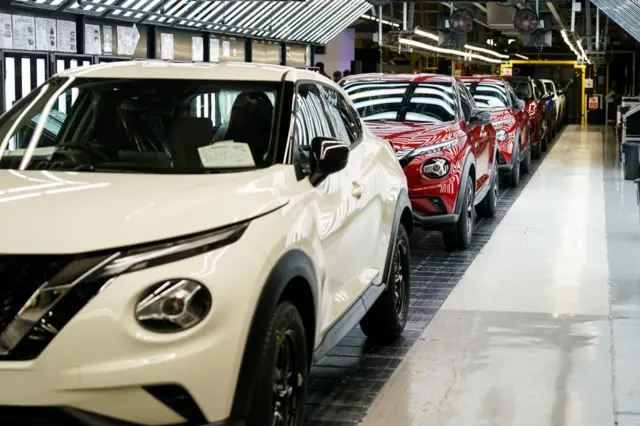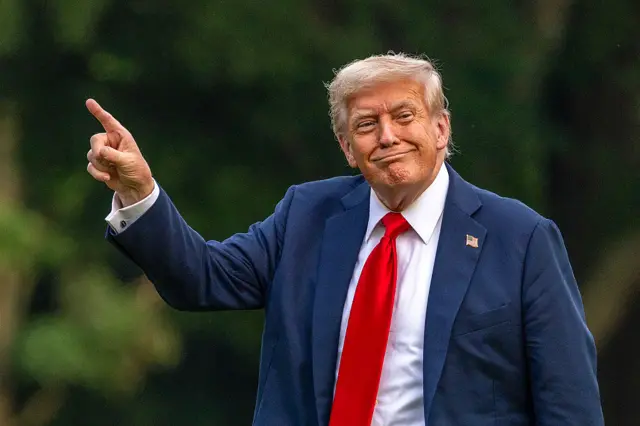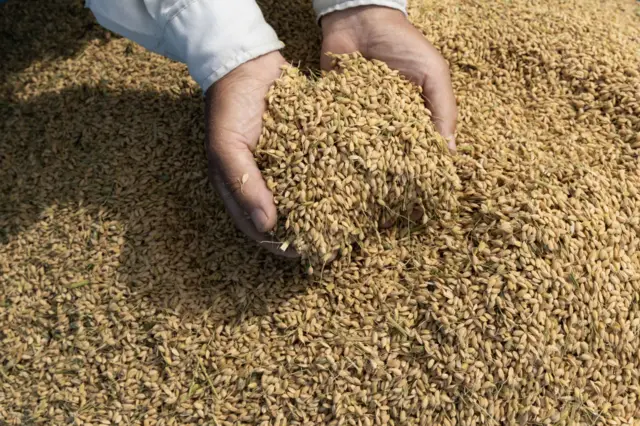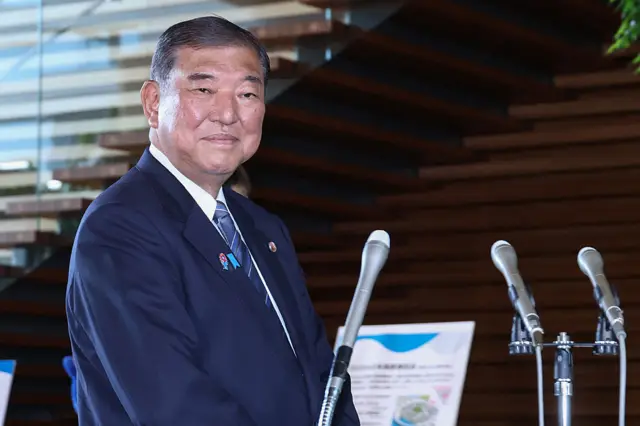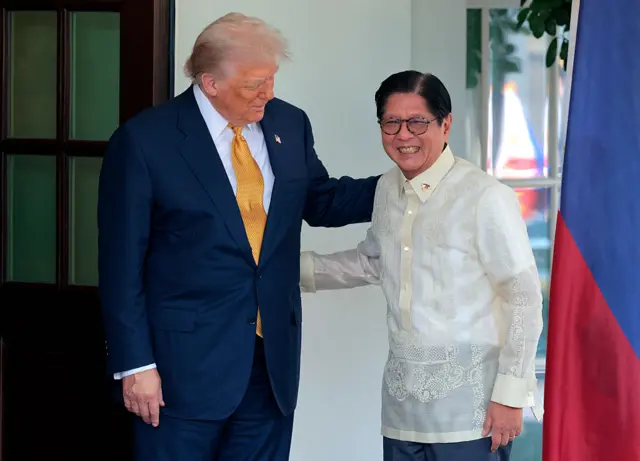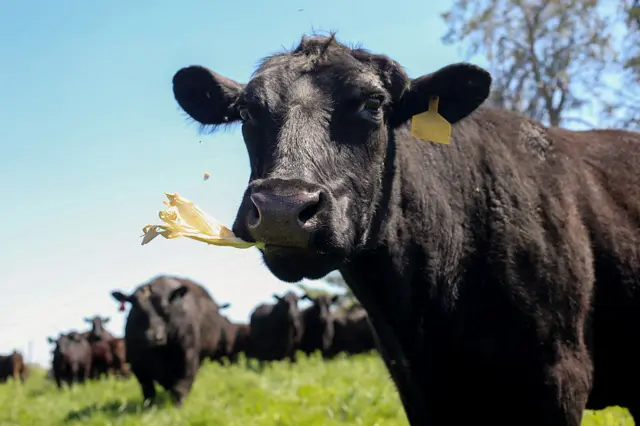A recap of the deals announced todaypublished at 08:23 British Summer Time
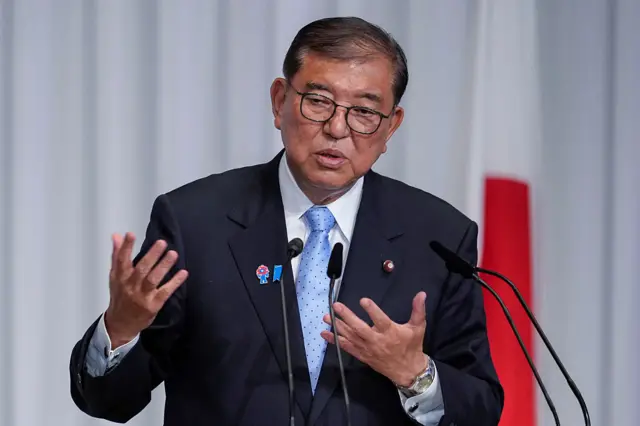 Image source, Getty Images
Image source, Getty ImagesThe deal may help Japan's Prime Minister Shigeru Ishiba reclaim some political capital
As we've been reporting, US President Donald Trump says Washington has reached trade deals with Japan, the Philippines and Indonesia - ahead of his August 1 deadline.
As we bring this live page to a close, here's a quick recap on what we know so far:
- Japan, one of the US's largest trading partners, confirmed it had reached a deal which would see tariffs and vehicle import levies cut from 25% to 15%
- Trump has called Japan's announcement "massive", describing it as "the largest trade deal in history"
- In return, the US will benefit from a $550bn (£408bn) investment from Japan, which will help lift its manufacturing industry to keep up with competition
- The deal may help Japan's Prime Minister Shigeru Ishiba reclaim some political capital, as he continues to face troubles domestically. He also earlier denied rumours that he would announce his resignation by August
- Trump also announced a 19% tax on imports from the Philippines and Indonesia
- While the finer details on these agreements have remained vague, they signal a major development in Trump's tariffs war

